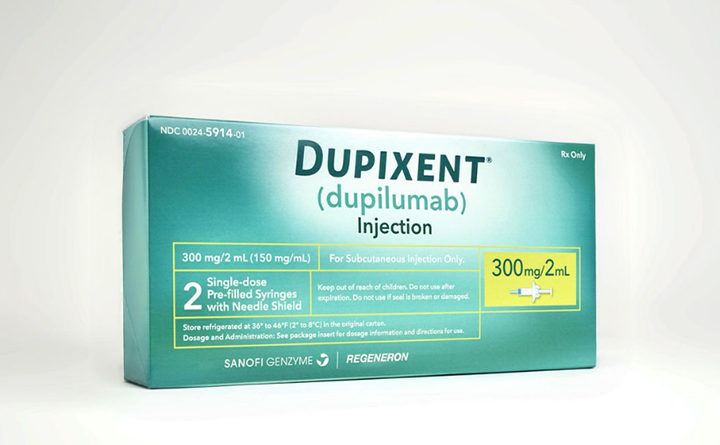Eczema is an itchy reaction produced by the skin in a number of diseases. The reaction pattern consists of a red elevated plaque with red fluid-filled blisters. When the blisters break, the affected skin will weep and ooze. In chronic eczema, the blisters are less prominent and the skin is thickened, elevated, and scaling. There are over 10 different types of skin conditions that cause eczema. It is important to know the various causes of the disease as treatments vary. The region of appearance on the body can differ among some skin conditions that cause the disease.
Eczema caused due to fungi and scabies may be contagious and be transmitted to other people. Eczema cases that are caused by other factors are typically non-contagious. Certain kinds of eczema can be prevented by keeping the skin healthy and moisturized. Atopic dermatitis is the most common type of eczema. Sadly, eczema is not a curable condition. The treatment process focuses on healing damaged skin and alleviating symptoms. Eczema is incurable, but its symptoms can be managed with the right treatment methods.

What Is Dupixent?
Dupixent is the first biologic medicine approved for moderate to severe atopic dermatitis. It is made of proteins derived from human DNA to tackle eczema. Whether taken on its own or with topical corticosteroids, dupixent has been found to be effective.
Treatment
Dupixent is not a steroid and can be taken in combination with topical corticosteroids or alone. After an initial dosage of 600 mg, the biologic is injected into the body every two weeks in doses of 300 mg. Do not give this biologic to children. If a patient has asthma, helminth, or eye problems, he or she should consult a doctor before taking the medication. It is not known whether dupixent can be harmful to pregnant women and their unborn babies.
Dupixent is extremely effective in easing the symptoms of atopic dermatitis (around 75% success rate). It is also known to limit the immune system from overreacting and reducing inflammation. Patients must continue to use dupixent to experience its effects (as atopic eczema is chronic in nature). Some side effects of dupixent are skin reactions due to injections, cold sores on the lips or the mouth, and conjunctivitis. Do not use dupixent and visit a doctor if you develop a fever, swollen lymph nodes, hives, itching, joint pain, or a skin rash.
Featured Image: Twitter




